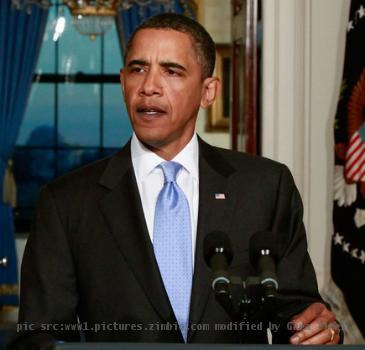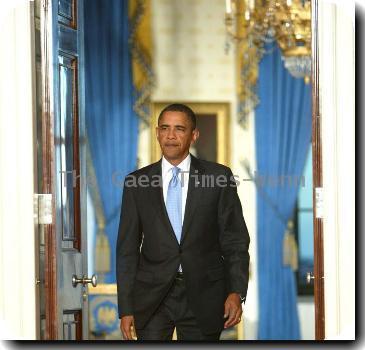Petraeus’ next mission: convincing Congress he can turn things around in Afghanistan war
By Anne Flaherty, APTuesday, June 29, 2010
Petraeus faces questions from war-weary lawmakers
WASHINGTON — Gen. David Petraeus is on a mission to convince a war-weary Congress that he’s the man to turn around the war in Afghanistan and mend the military’s tattered relations with civilian leaders.
Lawmakers say he’s a shoo-in to replace Gen. Stanley McChrystal, who was fired last week by President Barack Obama after he and his aides were quoted in a Rolling Stone magazine article disparaging the administration. Petraeus, who goes to Capitol Hill on Tuesday for a hearing of the Senate Armed Services Committee, will probably be confirmed as early as this week.
Petraeus is expected to continue McChrystal’s strategy in Afghanistan in large part because it is based on Petraeus’ own ideas about beating an insurgency. That plan calls for increasing troops to bolster security, while limiting the use of firepower in order to win the support of the local population.
While congressional leaders will praise Petraeus for his work in Iraq and his acumen for fighting a complex counterinsurgency, they also will want to know how soon it will be before there’s good news on the war.
“On the Democratic side, there is solid support. But there’s also the beginnings of fraying of that support” for the war, said Sen. Carl Levin, D-Mich., chairman of the Armed Services Committee.
Petraeus is seen as someone who could convince lawmakers the war is worth fighting and who could salvage relations between uniformed personnel fighting the war and their civilian counterparts.
“This is a chance to start over completely,” said Sen. Lindsey Graham, a South Carolina Republican who is influential on military issues.
Graham said he would be “very concerned if nothing changes on the civilian side” because the civilian-military relationship has grown “dysfunctional.”
Lawmakers will also question Petraeus about whether he will be as strict as McChrystal was about the military’s rules of engagement. Some troops have charged that the restrictions on firepower have hurt their effectiveness and put them at risk.
Democrats say they are willing to back Obama’s ordered troop buildup of 30,000 for now, but they want to start seeing results by the end of the year. They also want assurances from Petraeus that troops will start leaving in July 2011, as Obama has promised.
Levin, who has raised doubts about committing more troops to the fight, says all eyes are on planned operations in the Taliban stronghold of Kandahar this fall.
“That more than anything else will have a short-term impact on the American public’s mood,” he said.
Republicans say they want assurances that troops will only leave next year if security has improved. Obama has said troops will begin to leave, but the pace and size of the withdrawal will depend upon conditions.
Most agree Petraeus is the best person to replace McChrystal as head of the Afghanistan war. As chief of U.S. Central Command, he was McChrystal’s boss and kept tabs on operations by traveling to Afghanistan and neighboring Pakistan.
The U.S. is struggling to establish a local government in the farming district of Marjah and is bracing for a tougher, longer fight in Kandahar.
Meanwhile, a new inspector general report says the capability of many Afghan security forces has been overblown because the U.S. has relied on a faulty rating system. And senior Kabul officials have been accused of siphoning off millions of dollars in international assistance to pad their personal offshore accounts.
“Too many Americans are suffering in this economy for us to put their hard-earned tax dollars into the hands of criminals overseas,” said Rep. Nita Lowey, D-N.Y., who has threatened to vote to cut almost all U.S. aid to Afghanistan in next year’s budget.
Tags: Afghanistan, Asia, Barack Obama, Central Asia, Foreign Aid, Kandahar, North America, United States, Washington





